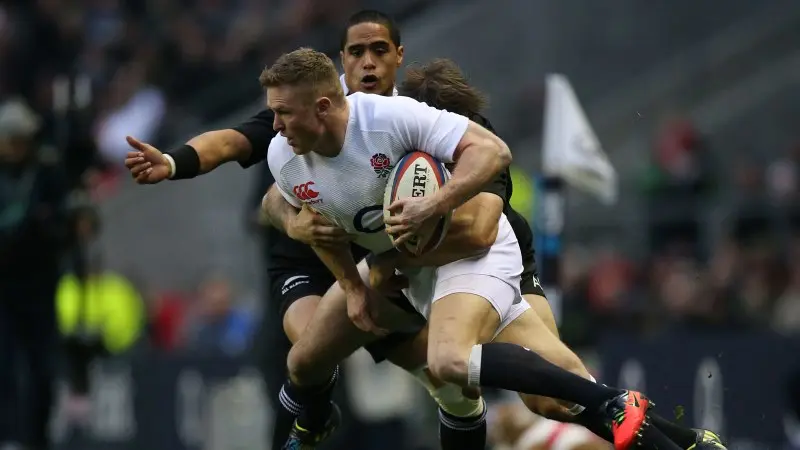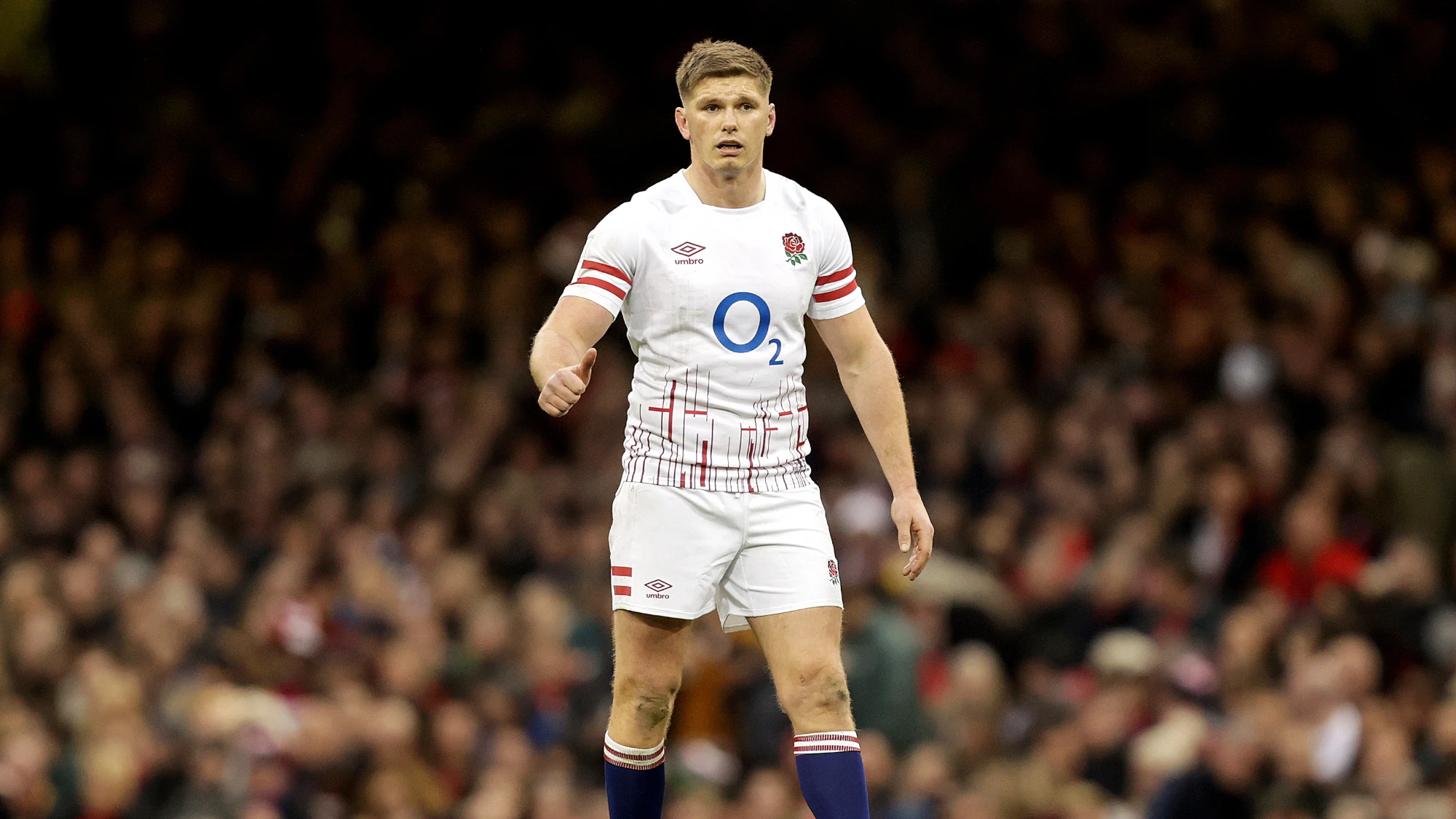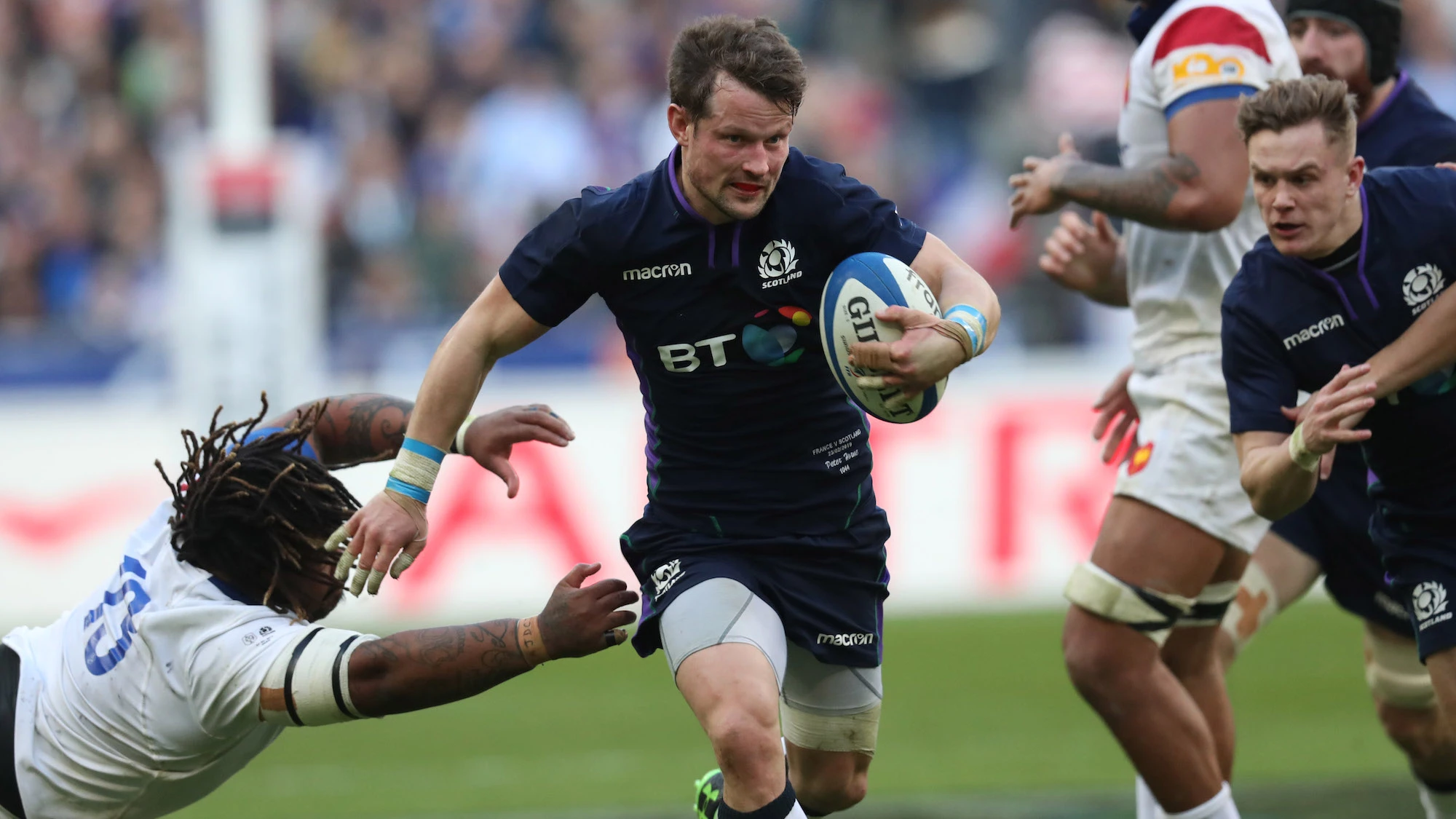To say that the All Blacks lose once in a blue moon is to do them a gross disservice. The aforementioned lunar phenomenon tends to happen at least three times more often than it takes New Zealand to lose a Test match in Europe.
It is a fact that they have done so on an average of once every eight years against the Six Nations’ teams on this side of the equator since ‘The Originals’ walked ashore at Plymouth in 1905 after a voyage that took the best part of seven weeks. Blue moons, according to those who know all about them, appear once every two-or-three years which means they are at least eight times less rare than the All Blacks stuffing up. When they reacquaint themselves with Twickenham on Saturday after a four-year break, the double World Cup holders will be fortified by a record in the six capitals of European rugby surely unmatched by any team in any other theatre of international sport. They have played more than one hundred Tests in London, Dublin, Edinburgh, Cardiff, Paris and Rome with a percentage win rate in the high eighties. The most startling gauge of their enduring longevity can be found in their paucity of defeats, 14 – the equivalent of one every eight-and-a-bit years. Two of the six – Scotland and Italy – have never beaten them although Italy have not been trying for anywhere near as long as the Scots. Ireland have beaten them, famously so in Chicago but not in Dublin although that could change by the end of next week. The All Blacks ought not to need any reminding of what happened to them at Soldier Field two years ago when Ireland achieved the double distinction of doing what none of the other home countries had done: scoring five tries and 40 points.
Of those involved in the most stylish of wins, three have since retired: Andrew Trimble, Jared Payne and Jamie Heaslip. A fourth, Simon Zebo, dealt himself out of the equation with his move to France and a fifth, Conor Murray, is still in the throes of recovering from long-term injury. Wales have beaten New Zealand in Cardiff three times but not for 65 years, so long ago that only a tiny fraction of living Welshmen and women can remember it and only a tinier fraction still can say they were there at Cardiff Arms Park, December 1953. France have beaten the men in black six times in 26 home fixtures, a number which England will match if they defy odds and follow up last week’s unexpected home win over South Africa with another infinitely more unexpected one. Should it come to pass, England will have brought an overdue end to a run of 14 defeats in 15 against New Zealand. That one-sided sequence reflects the extent to which they have paid for successive wins against the All Blacks in the months before the 2003 World Cup. They followed a narrow home win before Christmas with another against fully loaded opponents in Wellington some six months later. THE SIX-MAN SCRUM
Martin Johnson’s team did so by famously refusing to give an inch during a series of scrums in front of their posts with a pack reduced to six. At that critical time, two-thirds of their back row, Neil Back and Lawrence Dallaglio, were squirming in the sin-bin. England, then the No. 1 team in the world, had served notice of their intention to take the World Cup home a few months later. Even the Kiwis gave them more than a grudging respect for what they achieved that night at the ‘Cake Tin.’ “We are unloved anywhere we go,” head coach Sir Clive Woodward said at the time. “People like to beat England at rugby union. You’ve got to be inspired by it, not worry about it.” Saturday’s match will be the first between the countries in the four years since Richie McCaw’s team came from behind to win 24-21. Of the starting XV back then only a few have won regular selection over the current season – Ben Smith, Aaron Smith, Owen Franks, Sam Whitelock and Kieran Read. Despite their home setback to the Springboks some eight weeks ago, the World Cup holders arrived reinforced by a record in keeping with their status. In winning ten of eleven Tests this year, they have, as per usual, scored heaps more tries than the rest, 67.
Nobody will be analyising their every move at Twickenham in more microscopic detail than Ireland, their opponents in Dublin next week. Having left many of their matchwinners behind for last week’s 54-7 romp over Italy in Chicago, the second-ranked team in the world must first take care of business against Argentina at the Aviva Stadium. Scotland, unable to stop their long losing run in Cardiff and prevent the Doddie Weir Cup ending up in Welsh hands, have reacted by adding four more Glasgow Warriors to their squad for Saturday’s meeting with Fiji at BT Murrayfield.
HOGG RETURNS Stuart Hogg, out of action since ankle surgery in September, returns along with team-mates Adam Ashe, Scott Cummings and Nick Grigg, man-of-the-match during the Warriors’ Guinness PRO14 win over Ospreys in Swansea. Head coach Gregor Townsend has also recalled two ex-Warriors now playing their trade in the Aviva Premiership, Worcester fly-half Duncan Weir and Sale’s back-row forward Josh Strauss. Plans to cap Blade Thomson within a few months of the New Zealander joining the Scarlets have had to be shelved after the player suffered concussion during the Welsh region’s defeat by Edinburgh last week at, of all places, BT Murrayfield.
THE JONESES Back at Principality Stadium, Wales will make yet another attempt to end a run of 13 successive defeats by Australia over the last ten years. The Wallabies’ streak goes all the way back to Warren Gatland’s first year as head coach and a winning team that included six of the Jones clan: Mark on the right wing, Stephen at fly-half, Adam at tighthead, Alun-Wyn at lock, Ryan, the captain, on the blindside of a back row reinforced in the second half by the one Jones on the bench, Dafydd of the Scarlets substituting Andy Powell.
A clear-cut case of the Wallabies not being able to keep up with the Joneses. As the third-ranked team in the world, Wales will be expected to live up to their billing. How they lined up in Cardiff, November 29, 2008: Wales 21, Australia 18. Wales: L Byrne; M Jones, T Shanklin, J Roberts (A Bishop, 18), S Williams; S Jones, G Cooper; G Jenkins, M Rees, A Jones; I Gough, A-W Jones; R Jones, capt., M Williams, A Powell (Dafydd Jones, 62). Subs not used: R Hibbard, J Yapp, L Charteris, M Roberts, J Hook. Tries: Byrne, Williams. Conversion: S Jones. Penalties: S Jones 2. Drop goal: S Jones.
Australia: D Mitchell; P Hynes (L Tuqiri 34), R Cross, S Mortlock (Q Cooper 3), D Ioane; M Giteau, L Burgess; B Robinson, S Moore (A Freier 69), A Baxter; M Chisholm, N Sharpe; H McMeniman (D Mumm 69), P Waugh (G Smith 63), R Brown. Subs not used: M Dunning, S Cordingley. Tries: Chisholm, Ioane. Conversion: Giteau. Penalty: Giteau. Drop goal: Giteau.



